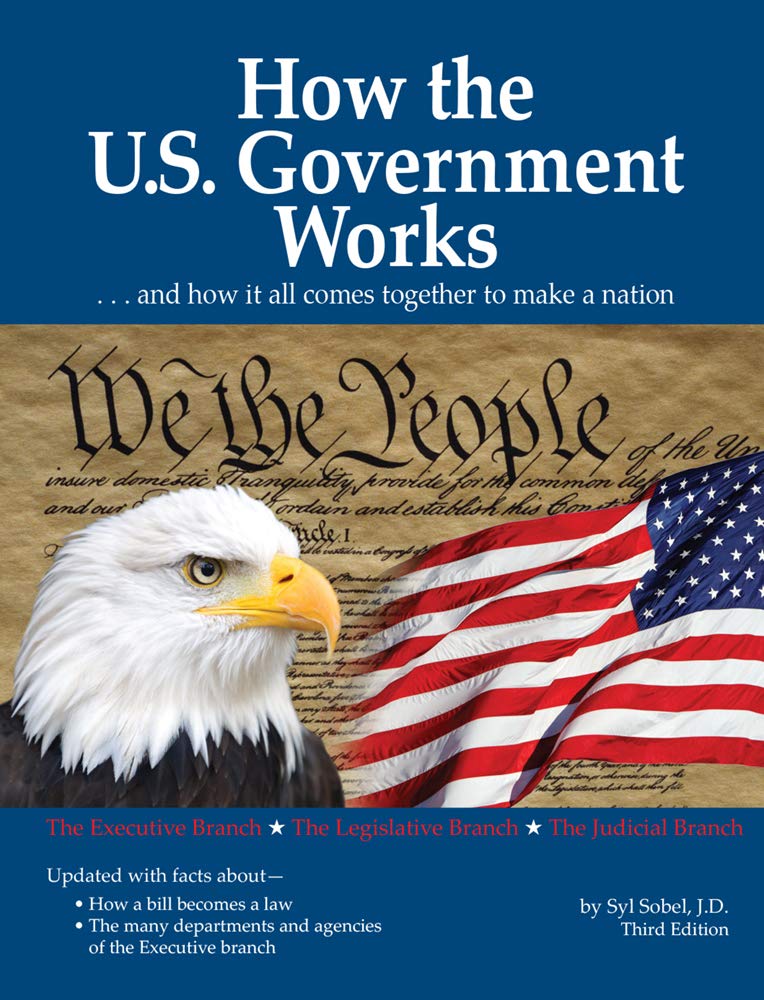The Politics of Conflict Powers: The Concept and Historical past of Presidential Unilateralism (American Political Thought)
Value:
Sarah Burns begins with a nuanced account of the theoretical and historic growth of warfare powers in america. The place discussions of presidential energy usually lean on the idea of the Lockean Prerogative, Burns locates a extra constructive supply in Montesquieu. Not like Locke, Montesquieu combines common normative prescriptions with an emphasis on tailoring the construction to the distinctive wants of a society. In doing so, the separation of powers could be custom-made whereas sustaining the moderation wanted to create a wholesome institutional stability. He demonstrates the significance of forcing the branches into dialogue, placing them, as he says, “able to withstand” one another. Burns’s conclusion—after tracing modifications via Franklin Delano Roosevelt’s administration, the Chilly Conflict, and the Conflict on Terror—is that presidents now command a harmful diploma of unilateral energy.
Burns’s work ranges throughout Montesquieu’s concept, the controversy over the creation of the Structure, historic precedent, and the present disaster. Via her evaluation, each a fuller image of the alterations to the constitutional system and concepts on the best way to handle the ensuing imbalance of energy emerge.
User Reviews
Be the first to review “The Politics of Conflict Powers: The Concept and Historical past of Presidential Unilateralism (American Political Thought)”
You must be logged in to post a review.










There are no reviews yet.